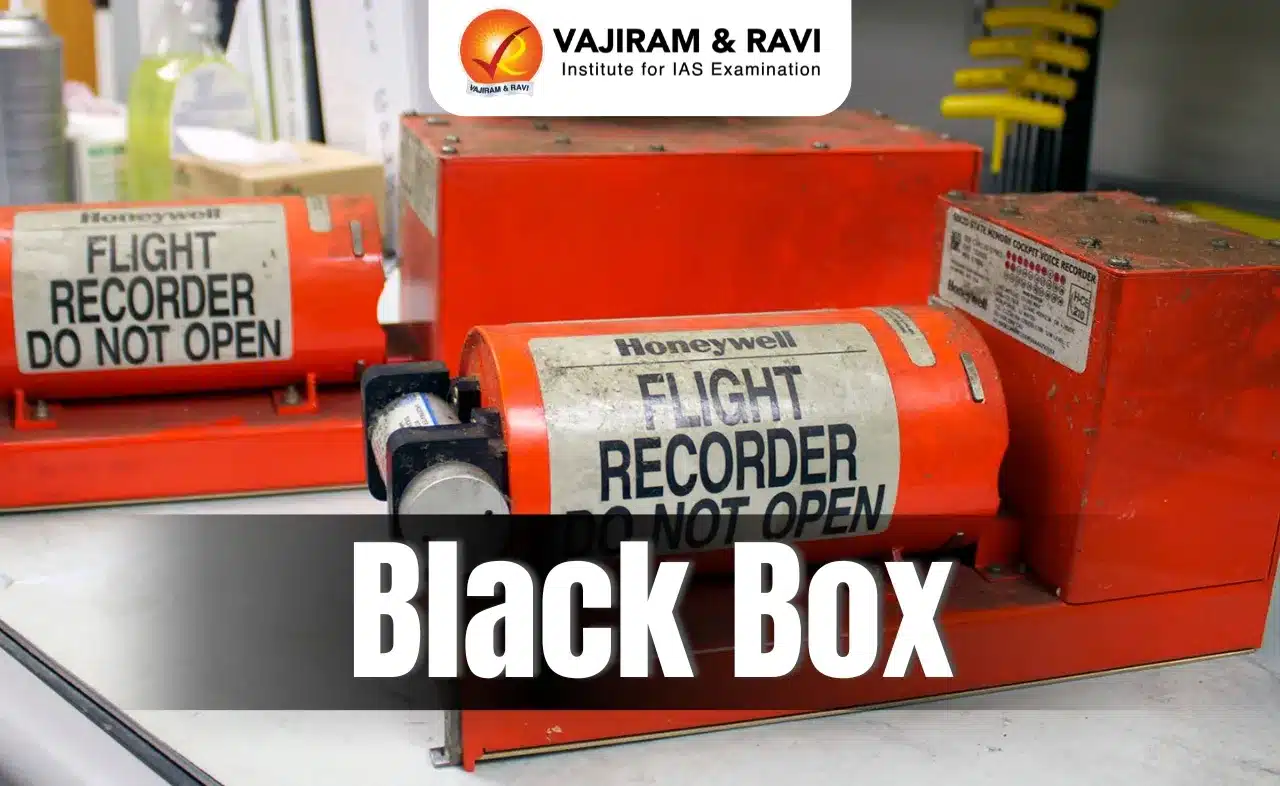About Section 106 of the Indian Evidence Act
- Section 106 of the Indian Evidence Act, 1872, deals with the burden of proof in cases where a fact isQ1: What is a Trial?
A trial is a formal legal proceeding in which the facts and issues related to a case are examined, evidence is presented, and a judgment or verdict is rendered by a court of law. Trials are a fundamental part of the legal system in many countries and serve as a method for resolving disputes, determining guilt or innocence in criminal cases, and assessing liability or damages in civil cases.
within the special knowledge of a person. - This section applies to civil and criminal cases alike and lays down an important principle of evidence.
- The section states that when any fact is especially within the knowledge of any person, the burden of proving that fact is upon that person.
- This means that if a fact is known to a particular person and not to others, it is the responsibility of that person to prove it in court.
- For example, in a case where the ownership of a property is disputed, and the disputed property was in the possession of the defendant, the burden of proving that he acquired the property lawfully and has the right to possess it will be on the defendant.
- Similarly, in a criminal case where the accused is alleged to have killed someone with a knife, the burden of proving that the accused used the knife to commit the crime will be on the prosecution.
- The burden of proof under Section 106 is not absolute, and the person who has the special knowledge of the fact is only required to prove it to the extent that is reasonable in the circumstances.
- The person is not required to prove the fact beyond all doubt, but only to the extent that a reasonable person would believe it to be true.
Q1: What is a Trial?
A trial is a formal legal proceeding in which the facts and issues related to a case are examined, evidence is presented, and a judgment or verdict is rendered by a court of law. Trials are a fundamental part of the legal system in many countries and serve as a method for resolving disputes, determining guilt or innocence in criminal cases, and assessing liability or damages in civil cases.
Source: Principles Of Applying Section 106 Of Evidence Act : Supreme Court Explains
Last updated on June, 2025
→ UPSC Notification 2025 was released on 22nd January 2025.
→ UPSC Prelims Result 2025 is out now for the CSE held on 25 May 2025.
→ UPSC Prelims Question Paper 2025 and Unofficial Prelims Answer Key 2025 are available now.
→ UPSC Calendar 2026 is released on 15th May, 2025.
→ The UPSC Vacancy 2025 were released 1129, out of which 979 were for UPSC CSE and remaining 150 are for UPSC IFoS.
→ UPSC Mains 2025 will be conducted on 22nd August 2025.
→ UPSC Prelims 2026 will be conducted on 24th May, 2026 & UPSC Mains 2026 will be conducted on 21st August 2026.
→ The UPSC Selection Process is of 3 stages-Prelims, Mains and Interview.
→ UPSC Result 2024 is released with latest UPSC Marksheet 2024. Check Now!
→ UPSC Toppers List 2024 is released now. Shakti Dubey is UPSC AIR 1 2024 Topper.
→ Also check Best IAS Coaching in Delhi






















